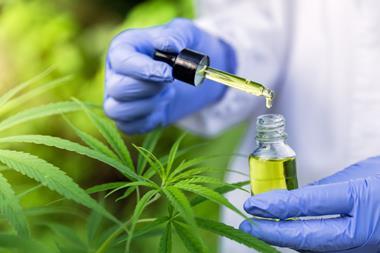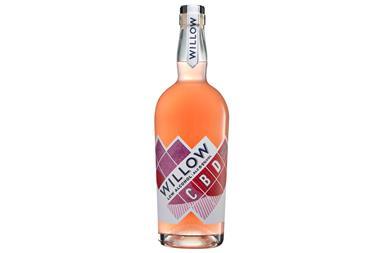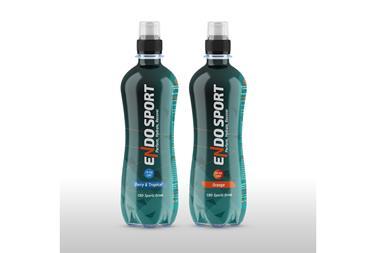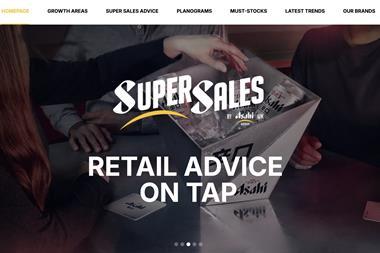CBD: Liquid gold for c-stores?

Interest in CBD and its apparent health benefits is soaring, spawning a plethora of products containing the oil. C-Store looks at this rising star and what you need to know about stocking it.
ALREADY HAVE A REGISTERED USER ACCOUNT? PLEASE LOG IN HERE
To read the full story join the ConvenienceStore.co.uk community today!
Registration is quick and easy and provides access to:
- Unlimited ConvenienceStore.co.uk articles
- Our great range of newsletters
- Content you’ve saved for later via the ‘my library’ feature
And much more…






























